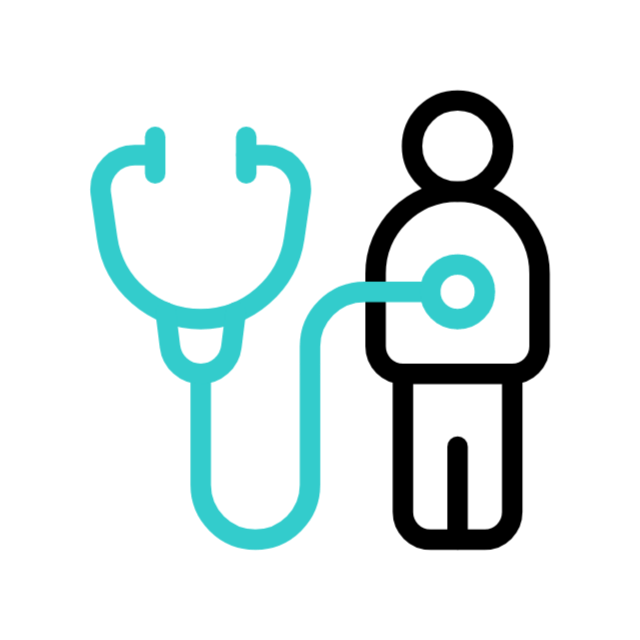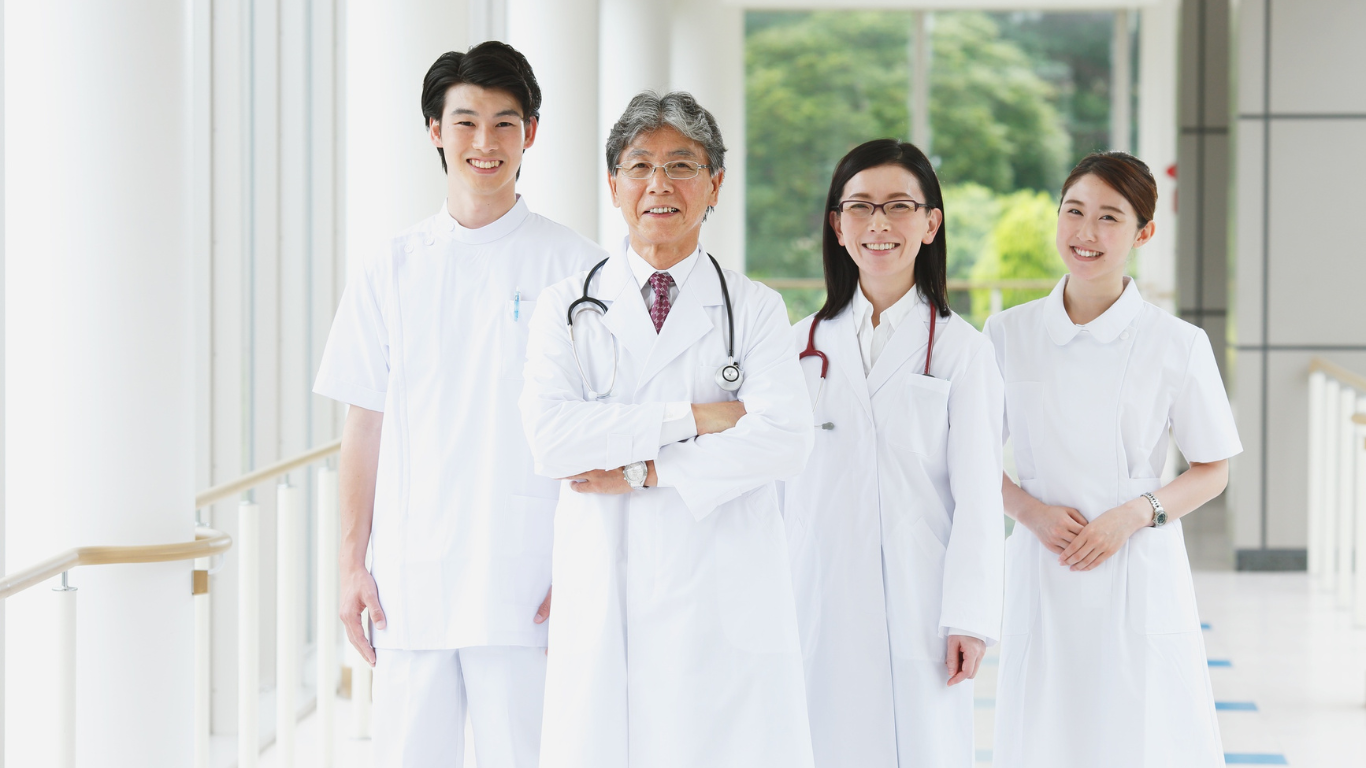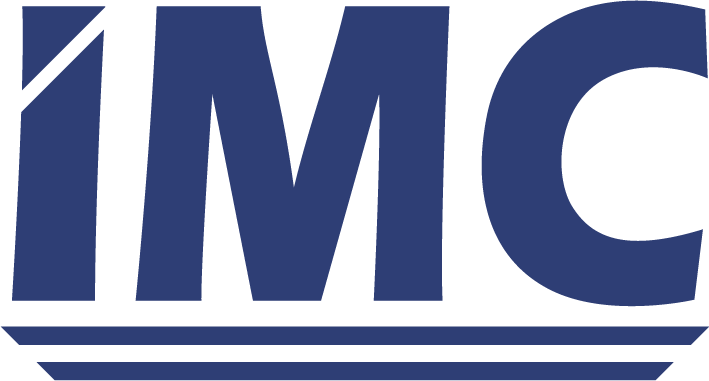Services
Medical support services for foreign visitors to Japan
On the day of the consultation, a dedicated medical interpreter will accompany you and accurately support communication with the doctor, eliminating any anxiety caused by language barriers. We provide detailed support tailored to each individual's situation, from follow-up care after treatment to arrangements for return visits or long-term treatments if necessary.
IMC prioritizes reliability and safety, striving to create an environment where patients from around the world can receive Japan's advanced medical care with peace of mind. We aim to be a "bridge" that delivers truly valuable healthcare across countries and cultures.
Our Services
Our services

Medical coordination for visitors to Japan
We provide comprehensive support for obtaining medical visas, introducing hospitals, and making appointment reservations.

Dedicated interpretation and medical accompaniment
Language support in medical settings and medical accompaniment services

Specialized treatment program
Partnership programs in advanced fields such as regenerative medicine and cancer treatment.

Health check-ups and early screening
We also provide medical check-ups and cancer screenings for travelers.

Health food brand "Hyakugado."
Supporting daily life with gentle supplements based on science.

Medical education and international exchange
We also provide academic collaboration with doctors and researchers, as well as support for inspections and training
Main medical fields supported.
Supported medical specialties.

Regenerative medicine

Cancer treatment

Anti-aging medicine

High-precision medical check-up

Internal medicine, orthopedics, cardiology, etc.

Telemedicine
Customer Testimonials
IMC's services are chosen by many customers
Two Years After Lung Cancer Surgery – Consultation at St. Luke’s International Hospital
One year after my initial surgery, the cancer recurred. I was told in Canada that a second surgery would be impossible. However, Dr. Maruyama, a renowned glioma surgeon at Tokyo Women’s Medical University, accepted my case. The surgery was extremely difficult, but it was a success. Since then, I have been undergoing chemotherapy and taking molecularly targeted drugs to maintain my condition. There are still many challenges ahead, but receiving treatment in Japan has given me hope and courage.
Recurrent Brain Glioma After Surgery – Tokyo Women’s Medical University Hospital
Despite undergoing multiple rounds of chemotherapy at a hospital in my home country, my condition did not improve. The tumor pressed against the nerves in my leg, causing such severe pain that I couldn't even sleep at night. I was on the verge of giving up, unable to endure it any longer—until I learned about a new treatment available in Japan. Believing it to be my last chance, I decided to go to Japan. I still remember the look on the nurse’s face, almost in tears, when she saw me arrive in a wheelchair. I was treated with a combination of a molecularly targeted drug and an immune checkpoint inhibitor, which at the time was still part of a clinical trial. Within the first week, the pain in my leg gradually began to subside, and above all, I was able to sleep again—that was the happiest part. I continued the treatment. The pain slowly disappeared, and my spirits lifted. Deep down, I began to believe I could beat cancer. Then, after three months of treatment, a PET-CT scan showed that I was completely cured. I was overwhelmed with joy—it was almost unbelievable. Even the doctor said it was a miracle. Choosing that treatment at the time truly saved my life. I will always be grateful.
Stage IV Endometrial Cancer – National Cancer Center Japan
During a routine check-up, an 8mm nodule was found in my right lung. The domestic doctors recommended observation, but I was very worried and wanted to hear from an international specialist as well. After much research, I decided to book a second opinion with Professor Ohira at Tokyo Medical University Hospital. His opinion was that there was a 90% chance it was malignant and recommended surgical removal. I decided to proceed with the surgery. A month later, I underwent the operation at a domestic hospital. The pathology results confirmed it was malignant adenocarcinoma, stage IA. The doctor told me it was caught very early, so there was little concern about recurrence. I have been maintaining my immune strength through immunotherapy, and now, three years later, there has been no recurrence. Looking back, Professor Ohira’s advice was invaluable—because I had the surgery at that time, I am healthy and alive today.
Stage I Lung Cancer – Tokyo Medical University Hospital










I had been taking molecularly targeted drugs to prevent recurrence, but the side effects were severe, and I suffered from persistent high blood pressure. However, I was also worried about a recurrence, so I couldn’t stop taking the medication and was torn about what to do. Then, I scheduled a remote consultation with a respiratory specialist at St. Luke’s International Hospital in Japan to seek advice. The conclusion was that since it was early-stage cancer, my survival rate wouldn’t change even without the targeted therapy. The doctor showed me the data in detail and spent a full hour explaining everything. I felt very reassured and relieved after the consultation. I was truly moved by the doctor’s thorough and compassionate explanation.